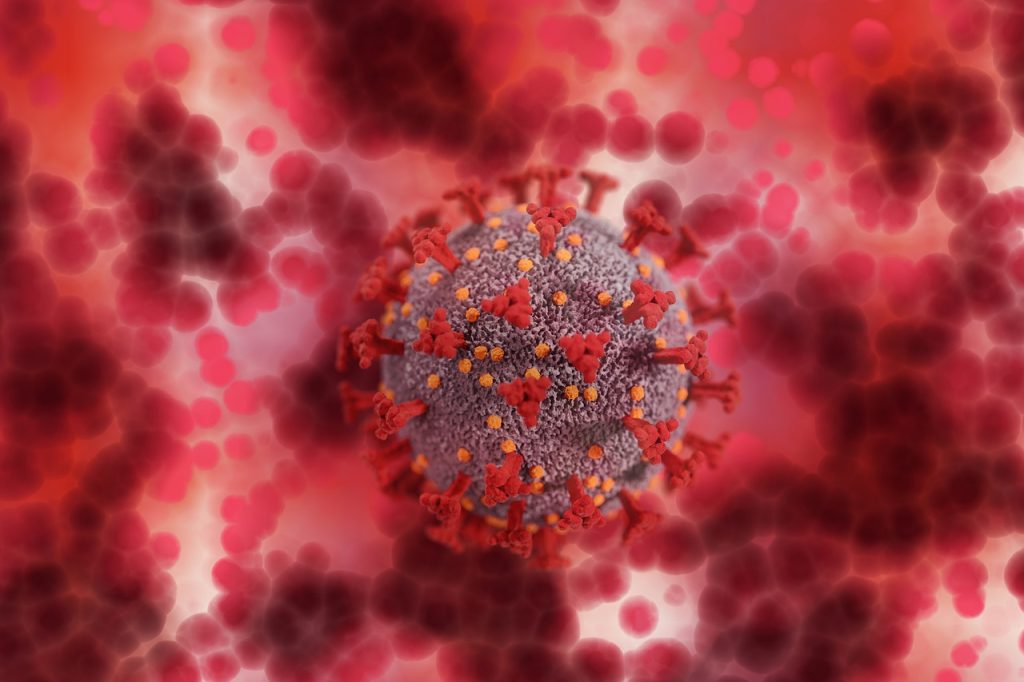
In unvaccinated individuals, omicron-derived immunity provides little long-term immunity against other variants, according to new research in the journal Nature.
In experiments using mice and blood samples from omicron-infected, the team found that the omicron variant induces only a weak immune response. In vaccinated individuals, this weak response helped strengthen overall protection against a variety of COVID strains. In contrast, the immune response in unvaccinated individuals failed to confer broad, robust protection against other strains.
“In the unvaccinated population, an infection with omicron might be roughly equivalent to getting one shot of a vaccine,” said Melanie Ott, MD, PhD, director of the Gladstone Institute of Virology and co-senior author of the new work. “It confers a little bit of protection against COVID, but it’s not very broad.”
A weaker infection
When it emerged in late 2021, omicron infection was soon observed to cause less severe disease, but whether it conferred broad, long-term immunity was not known.
“When the omicron variant first emerged, a lot of people wondered whether it could essentially act as a vaccine for people who didn’t want to get vaccinated, eliciting a strong and broad-acting immune response,” said Irene Chen, co-first author of the new study and graduate student in Ott’s lab.
To find the answer, the team of researchers first examined the effect of omicron in mice. In the omicron-infected mice, despite the milder symptoms, the immune system still generated the T cells and antibodies typically seen in response to other viruses.
“We demonstrated in this study that the lower pathogenicity of omicron is not because the virus cannot take hold,” said Nadia Roan, PhD, an associate investigator at Gladstone.
This means the difference in symptoms and immune response due to other reasons, such as lower replication or the type of antibodies that are generated.
No cross-variant protection
The researchers took blood samples from mice infected with the ancestral, delta, or omicron variants of SARS-CoV-2 and measured the ability of their immune cells and antibodies to recognise five different viral variants – ancestral (WA1), alpha, beta, delta, and omicron.
Blood from uninfected animals was unable to neutralise any of the viruses. Samples from WA1-infected animals could neutralise alpha and, to a lesser degree, the beta and delta virus – but not omicron. Samples from delta-infected mice could neutralise delta, alpha and, to a lesser degree, the omicron and beta virus.
Blood from omicron-infected mice could only neutralise the omicron variant.
The team confirmed these results using blood from ten unvaccinated people who had been infected with omicron, and found their blood was unable to neutralise other variants. When they tested blood from 11 unvaccinated people who had been infected with delta, the samples could neutralise delta and, as had been seen in mice, the other variants to a lesser extent.
When they repeated the experiments with blood from vaccinated people, the results were different: vaccinated individuals with confirmed omicron or delta breakthrough infections all showed the ability to neutralize all the tested variants, conferring higher protection.
“When it comes to other variants that might evolve in the future, we can’t predict exactly what would happen, but based on these results, I’d suspect that unvaccinated people who were infected with omicron will have very little protection,” said Ott. “But on the contrary, vaccinated individuals are likely to be more broadly protected against future variants, especially if they had a breakthrough infection.”

